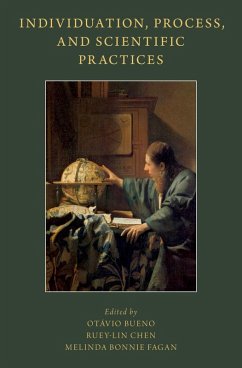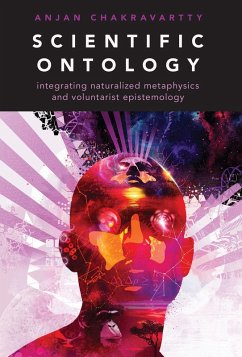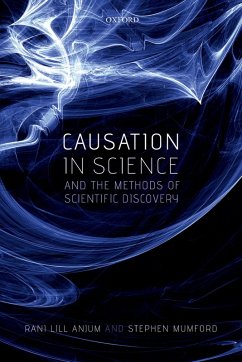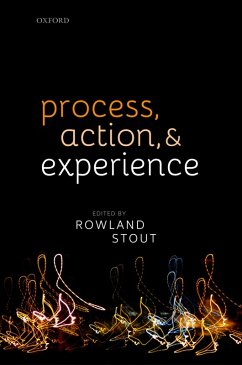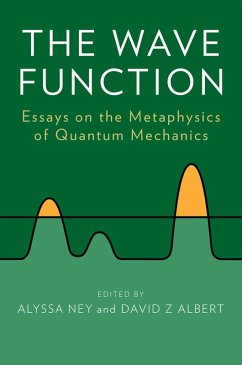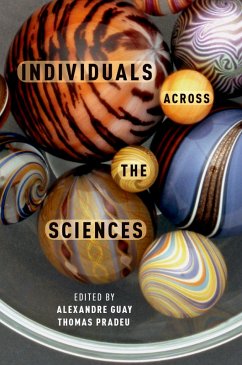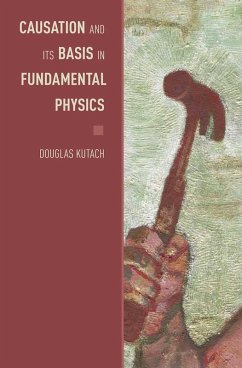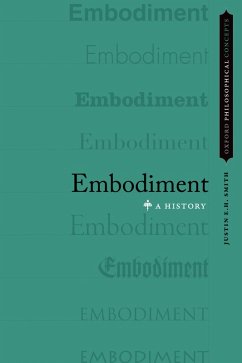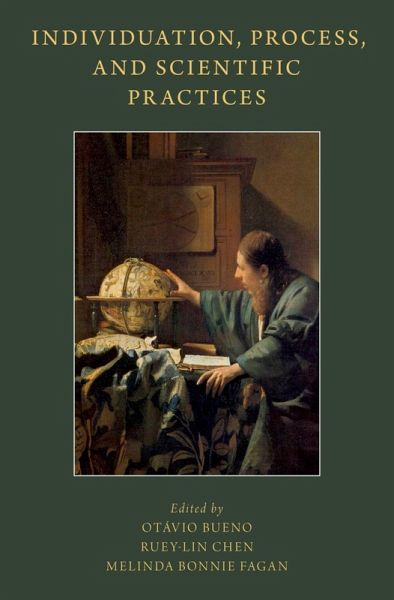
Individuation, Process, and Scientific Practices (eBook, PDF)
Versandkostenfrei!
Sofort per Download lieferbar
31,95 €
inkl. MwSt.
Weitere Ausgaben:

PAYBACK Punkte
16 °P sammeln!
What things count as individuals, and how do we individuate them? It is a classic philosophical question often tackled from the perspective of analytic metaphysics. This volume proposes that there is another channel by which to approach individuation -- from that of scientific practices. From this perspective, the question then becomes: How do scientists individuate things and, therefore, count them as individuals? This volume collects the work of philosophers of science to engage with this central philosophical conundrum from a new angle, highlighting the crucial topic of experimental individ...
What things count as individuals, and how do we individuate them? It is a classic philosophical question often tackled from the perspective of analytic metaphysics. This volume proposes that there is another channel by which to approach individuation -- from that of scientific practices. From this perspective, the question then becomes: How do scientists individuate things and, therefore, count them as individuals? This volume collects the work of philosophers of science to engage with this central philosophical conundrum from a new angle, highlighting the crucial topic of experimental individuation and building upon recent, pioneering work in the philosophy of science. An introductory chapter foregrounds the problem of individuation, arguing it should be considered prior to the topic of individuality. The following chapters address individuation and individuality from a variety of perspectives, with prominent themes being the importance of experimentation, individuation as a process, and pluralism in individuation's criteria. Contributions examine individuation in a wide range of sciences, including stem cell biology, particle physics, and community ecology. Other chapters examine the metaphysics of individuation, its bearing on realism/antirealism debates, and interrogate epistemic aspects of individuation in scientific practice. In exploring individuation from the philosophy of biology, physics, and other scientific subjects, this volume ultimately argues for the possibility of several criteria of individuation, upending the tenets of traditional metaphysics. It provides insights for philosophers of science, but also for scientists interested in the conceptual foundations of their work.
Dieser Download kann aus rechtlichen Gründen nur mit Rechnungsadresse in A, B, BG, CY, CZ, D, DK, EW, E, FIN, F, GR, HR, H, IRL, I, LT, L, LR, M, NL, PL, P, R, S, SLO, SK ausgeliefert werden.




